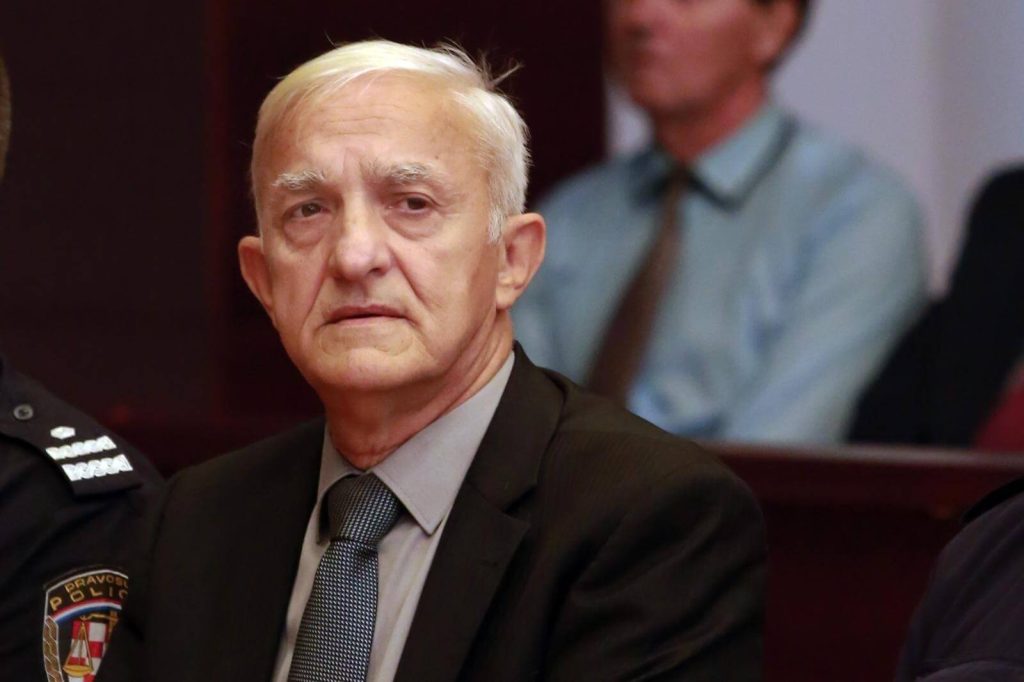The office has been set up in the centre of Subotica, a year after that foundation established its branch in that city in the north of the province of Vojvodina, and the purpose of the foundation is to “assist the Serbs unfairly convicted and imprisoned in the countries of the region,” that is in Serbia’s neoghbourhood.
In September 2017, Split County Court sentenced Vasiljković to 13.5 years for crimes committed against prisoners of war in the Croatian towns of Knin and Glina during the 1991-95 Homeland War. Born in Belgrade and holding the citizenship of both Serbia and Australia, Vasiljkovic was arrested in 2006 in Australia where he lived under a false name and worked as a golf coach.
He was extradited to Croatia in July 2015 and denied the charges from the very start of the trial. Given that the eight years and nine months he had spent in extradition prison in Australia were credited to his sentence, Vasiljković’s sentence expired in March 2020 when he was released from prison in Lepoglava and transferred to the Bajakovo crossing on the border with Serbia and banned from entering the European Economic Area for a period of 20 years.
Addressing the press on the topic of captain Dragan’s foundation’s office in Subotica, Žigmanov said that he was worried but not surprised.
“We are registering more and more activities by convicted war criminals and the downplaying of their verdicts, their rehabilitation in the public and their influence on public opinion creation,” Žigmanov said.
He recalled that ICTY convict Vojislav Šešelj purchased a house to open the office of his Serb Radical Party in the town of Hrtkovci, a byword for the persecution of Vojvodina Croats in the 1990s.
Upon his transfer from Croatia to Serbia, Vasiljković engaged in political activities and ran in parliamentary elections.
For more news about Croatia, CLICK HERE.











